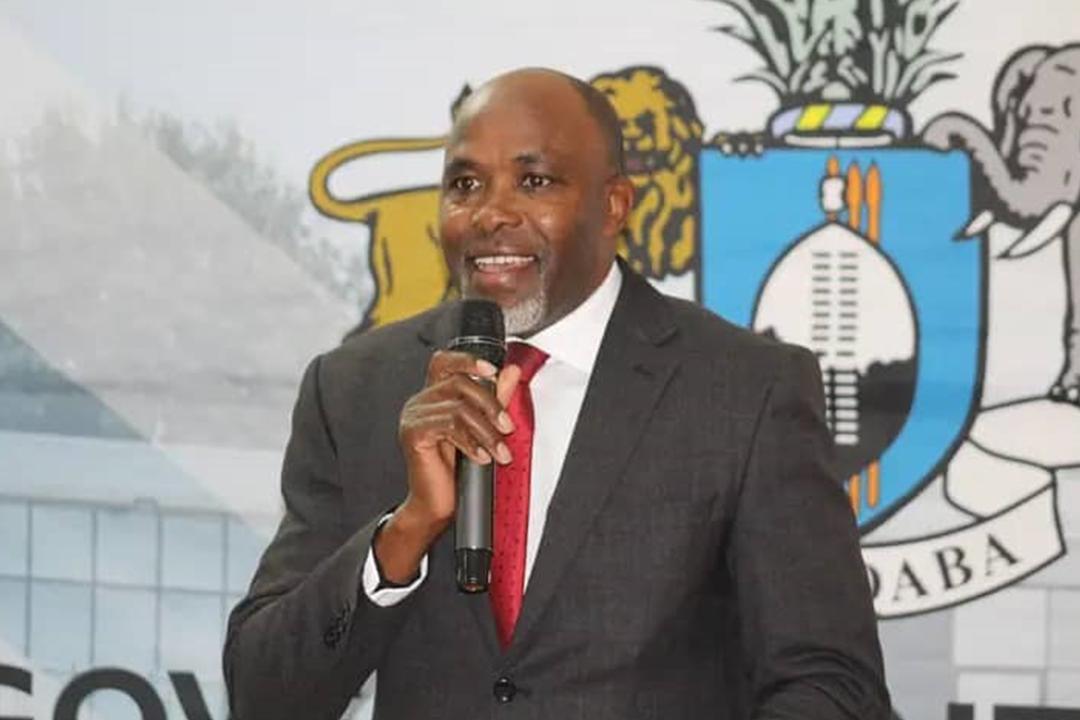Africa-Press – Eswatini. The United Nations has called on Eswatini and its partners to ramp up coordinated efforts in the fight against human trafficking, stressing that the crime has become a sophisticated global enterprise destroying lives and tearing communities apart.
Speaking on behalf of the UN system during the commemoration of World Day Against Trafficking in Persons, UN Resident Coordinator George Wachira described trafficking as “one of the fastest-growing organized crimes in the world,” generating over E2.775 trillion annually, often through exploitation of the most vulnerable.
The commemorative event, held at The George Hotel in Manzini, was led by the Prime Minister’s Office, under the theme: “Human Trafficking is Organized Crime, End the Exploitation.”
Wachira commended Eswatini’s government for legislative and institutional progress, particularly the 2009 People Trafficking and People Smuggling (Prohibition) Act, the establishment of a national task force, and the operation of shelters for survivors.
He acknowledged community awareness campaigns, civil society efforts, and cross-border collaborations as significant steps forward.
However, he warned that traffickers have become more sophisticated, exploiting digital platforms, border loopholes, and socio-economic vulnerabilities.
He stressed that women and girls remain the most trafficked, often for sexual exploitation, while boys and men are increasingly trafficked for forced labour.
“Children now make up 35% of identified victims,” he said.
“The business model behind trafficking is evolving, and so must our response. This is a gunfight, knives will not win it,” said Wachira, echoing the sharp warning he issued earlier in the programme.
He proposed three urgent action points for Eswatini and the region:
1. Strengthen cross-border collaboration with neighbours like Mozambique and South Africa.
2. Scale up training for law enforcement and first responders to improve victim identification and successful prosecution.
3. Address the root causes of trafficking such as poverty, unemployment, and lack of education.
Quoting UN Secretary-General António Guterres, Wachira closed his remarks with a powerful call to action:
“Let us act together to stand with victims, hold perpetrators to account, and build a world where no one is bought, sold or exploited.”
The commemoration also featured speeches from Prime Minister Russell Mmiso Dlamini, who called trafficking “the new form of enslavement”, and Nomphelelo Lukhele, Head of Secretariat under the PM’s Office, who thanked the government for expanding anti-trafficking resources and shelters.
Other speakers included representatives from the US Embassy, UN agencies, and regional leaders.
As the nation reflected on the day’s powerful messages, one truth stood clear, in the war against trafficking, silence is complicity, and only united action can dismantle the system that profits from human suffering.
For More News And Analysis About Eswatini Follow Africa-Press







